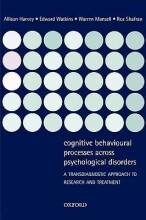Employment, Retirement, and Living Arrangements
9 important questions on Employment, Retirement, and Living Arrangements
Adult congregate living facilities
Age Discrimination in Employment Act (ADEA)
Age integrated housing
- Higher grades + faster learning
- Never study anything twice
- 100% sure, 100% understanding
Assissted living facilities
Board and care homes
Constant housing and accomodating housing
Continuing care retirement communities (CCRCs)
Defined benefit pension plans
Defined contribution pension plans
The question on the page originate from the summary of the following study material:
- A unique study and practice tool
- Never study anything twice again
- Get the grades you hope for
- 100% sure, 100% understanding






























